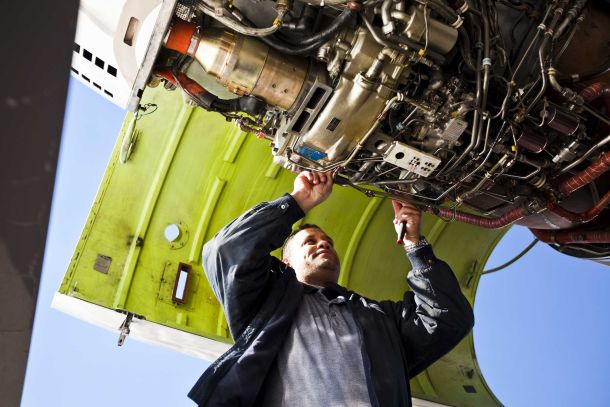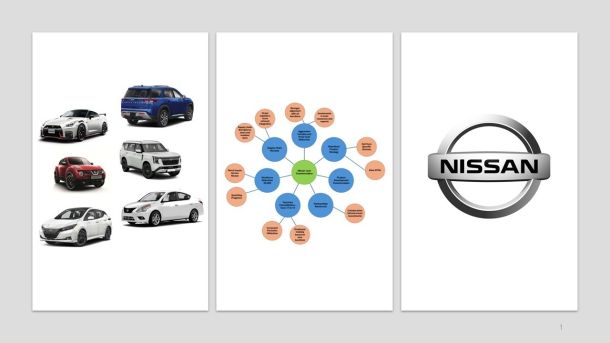Thinking Skills of the Future – How leaders can effectively think of their strategy
Human history has experienced numerous reconfigurations – economic, political, social and cultural – which took their sweet time to change or reset. Our current configuration reset is evolving way faster than previous experiences. To name a few, consider the reconfigurations brought to us through AI, Climate Change, Polycrisis across multiple geographies, Work from Home and others.
There will be winners and losers.
The ways interactions are designed, organized and pushed will impact the way we carry out thinking, planning and doing. The domino effects of the complex future mandate a skills’ reset for all. The lionization of technology, the skewed distribution of resources and climate challenges will conspire to create emergent contexts that require new methods and attitudes.
Why did I need to know the Thinking Skills of the Future?
I had two objectives from getting my hands dirty in understanding the skills of the future. The first objective was to create a concise list of future-relevant skills for my children – this list will be a proposed reference to guide them – I would even say more of scaffolding than guidance.
Future skills that leaders need are focused on meta-cognition – cognition and other brain works that have a clear impact on their attitudes towards the future and how fit they are in thinking about its context, regardless of what they are studying.
A life-saving skill for the future is the reconfiguration of learning; the iterative cycles of learning and unlearning will give lucky and future-hopeful communities the advantage of survival, success and an ability to flourish.

My second objective was to chart a skills upgrade blueprint for myself after I had completed the two decades of my career. Hopefully, by 2030 God willing, I will have other priorities that should initiate another cycle of learning. I advise you to go through the following resources to understand the future of skills over the ten years ahead.
- World Economic Forum (WEF)
- The Institute for the Future (IFTF)
- The Global Foresight Advisory Council
- Organisation for Economic Co-operation and Development (OECD)
- PWC, McKinsey and Deloitte
Make sure many of your skills are transferrable, portable and re-usable in different contexts. Especially, when you are a leader. Skills have much in common with how Aleksandr Solzhenitsyn saw memories. In his book The Gulag Archipelago, he says:
Own only what you can always carry with you: know languages, know countries, know people. Let your memory be your travel bag.

Thinking skills are the most transferrable ones!
It was not particularly difficult to come up with the list below. Different trustworthy resources had overlapping lists of skills. My challenge was to get them down to five skills, not more. Shorter lists over shorter timeframes, with the right discipline, get you to a higher plateau of performance more quickly.
Effective thinking skills of the future
1. Complexity thinking: How to think about a complex reality? How to create clarity? How to understand what something is and is not? How to model and map? How to understand interactions? Are we a good systems thinker? Such higher-order thinking is needed for a future that is complex, interconnected and uncertain. The levels of complexity and interconnectedness are pushed higher every day. The frequency of surprises accelerates.
2. Critical thinking: If you have built a model of objects, systems, interactions, and assumptions, how do you evaluate this model? How do you build trust in data or information? How do you test your assumptions and avoid biases? How do you make sound reasoning second nature?
3. Learning: How do you turn an experience into learning? What behaviors drive more learning? How do you design your future journey to generate learning naturally? How do you become effective in unlearning? Converting experiences to structured learning is a game-changer. The nexus of learning and unlearning provides you with a higher degree of clarity to make sense of the world.
4. Creativity: How do you use imagination to solve problems? How do you look for solutions? How do you make intelligent associations? How do you combine simplification and innovation? Business as usual becomes a rare routine. We need to sort our way through this complexity by creating clarity and looking for innovative ways to get things done. Not only are we looking for opportunities to create more value, but we are challenged with wicked problems; maintaining value will become more difficult than we expect.
5. Collaboration: How do you think as a positive contributor to a network? How to think in the currency of win-win? How to become a natural integrator? How to be a catalyst? How to create actual synergies? Thousands of culturally diverse communities are superconnected. They are programmed through different languages that enable them to understand the world and communicate their understanding. Accomplishments materialize through networks. Effective collaboration across these networks is the way things get done.
Final Words on Development
Our future, with all its problems and opportunities, requires focus on how to utilize abstraction, judgment, reasoning, critical thinking, systems thinking and other tools that will help us understand more about what might happen and what to do if it does happen. This is the foundation of sound strategic thinking.
We, humans, develop ourselves through integrating knowledge, skills, and attitudes into an effective learning process. When we are effective learners, we upgrade ourselves to learn more, drop some of what we learn, transform our knowledge into something new and live our lives forward. So, are you ready to upgrade your thinking skills?


